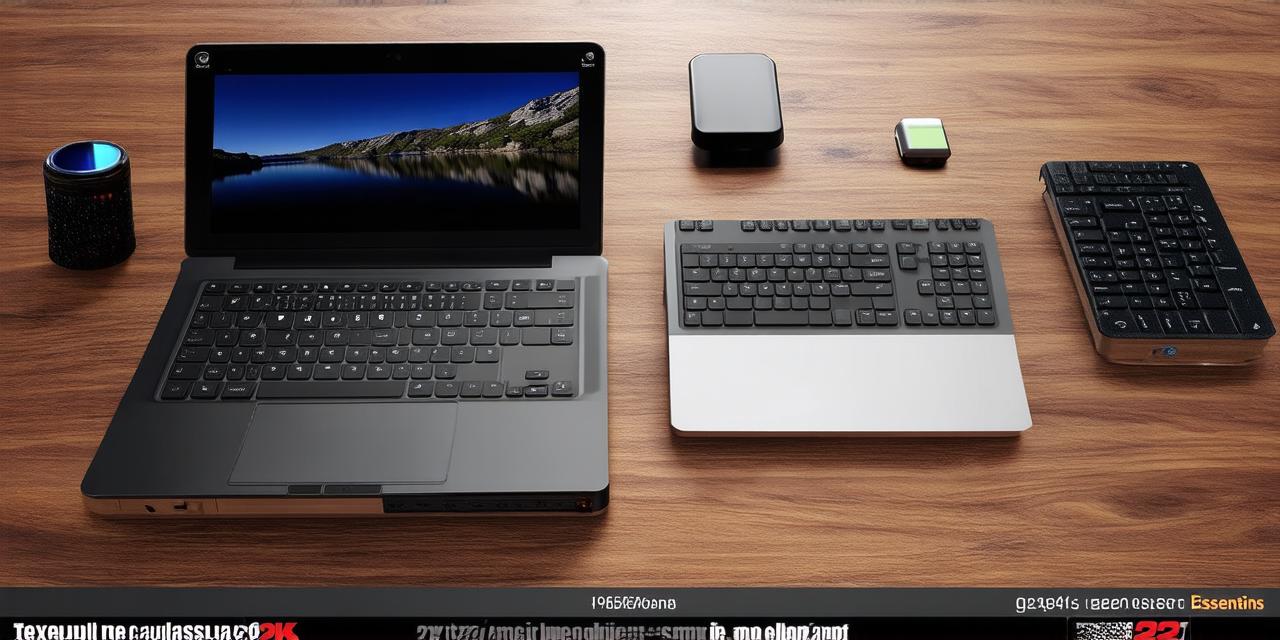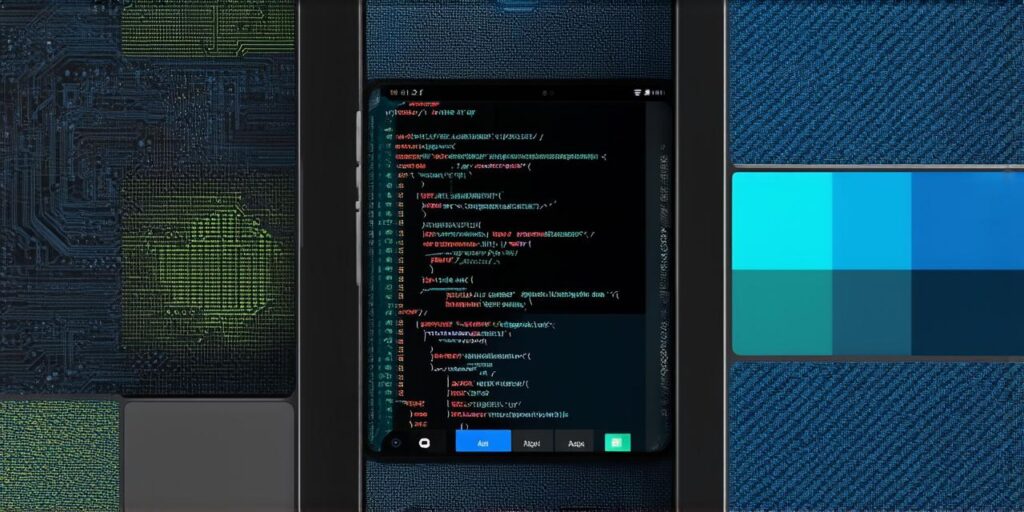In today’s fast-paced world, mobile apps have become an integral part of our lives. Developing a successful mobile app requires more than just a great idea and programming skills. It also requires powerful hardware that can handle the demands of the development process.
Hardware Requirements
There are several factors to consider when it comes to hardware requirements for mobile app development. The first is the type of computer you need. While a laptop or desktop may seem like a good option, a dedicated graphics card (GPU) workstation is often the best choice for mobile app development.
Another important factor to consider is RAM. RAM, or random access memory, is the amount of data that a computer can store and retrieve quickly. For mobile app development, at least 16GB of RAM is recommended. This ensures smooth performance even when running multiple applications simultaneously.
Storage is another crucial factor in mobile app development. An HDD (hard disk drive) is a traditional type of storage device that uses spinning disks to read and write data. An SSD (solid-state drive), on the other hand, uses flash memory to store and retrieve data. SSDs are faster and more durable than HDDs but can be more expensive.
Finally, processing power is essential for mobile app development. A computer with at least a quad-core processor is recommended for most mobile app development projects. This ensures that the app runs smoothly and performs optimally.
Software Requirements
In addition to hardware requirements, software specifications are also important for mobile app development. An integrated development environment (IDE) is a comprehensive set of tools and features for coding, debugging, and testing your app. IDEs provide a user-friendly interface for developers to write, test, and debug their code, as well as access helpful resources and documentation.

A version control system (VCS) is another important software requirement for mobile app development. A VCS allows you to track changes to your code and collaborate with other developers. It provides a central repository where all team members can access and update the codebase, as well as tools for resolving conflicts and managing different versions of the code.
Real-Life Examples
To illustrate the importance of essential computer specifications for mobile app development, let’s look at a few real-life examples. Uber is one of the most successful mobile apps in history, with over 100 million users worldwide. To develop and maintain such a large and complex app, Uber requires powerful hardware and software specifications.
Snapchat is another popular mobile app that requires powerful hardware and software specifications for development. With over 200 million daily active users, Snapchat’s developers need to ensure that the app runs smoothly and performs optimally at all times. To achieve this, Snapchat uses a combination of on-premise and cloud-based infrastructure, as well as advanced tools and software for coding and testing.
Pokémon Go is a mobile game that took the world by storm when it was released in 2016. With over 500 million downloads worldwide, the game required a powerful computer with advanced hardware and software specifications for development. To ensure smooth performance and high-quality graphics, Pokémon Go’s developers used a combination of on-premise and cloud-based infrastructure, as well as advanced tools and software for coding and testing.
FAQs
1. What is the minimum RAM requirement for mobile app development?
The minimum RAM requirement for mobile app development depends on the complexity of the app and the hardware specifications of the computer being used. However, in general, most mobile app developers require at least 16GB of RAM to ensure smooth performance, even when running multiple applications simultaneously.
2. What is the difference between an HDD and an SSD?
An HDD (hard disk drive) is a traditional type of storage device that uses spinning disks to read and write data. An SSD (solid-state drive), on the other hand, uses flash memory to store and retrieve data. SSDs are faster and more durable than HDDs but can be more expensive.
3. What programming languages are used for mobile app development?
The programming languages used for mobile app development depend on the platform being developed for. For Android app development, Java is the most popular language. For iOS app development, Swift is the preferred language. However, there are also many cross-platform languages, such as React Native and Flutter, that allow you to build apps for multiple platforms using a single codebase.
4. What is an IDE?
An integrated development environment (IDE) is a comprehensive set of tools and features for coding, debugging, and testing your app. IDEs provide a user-friendly interface for developers to write, test, and debug their code, as well as access helpful resources and documentation.
5. What is a VCS?
A version control system (VCS) allows you to track changes to your code and collaborate with other developers. A VCS provides a central repository where all team members can access and update the codebase, as well as tools for resolving conflicts and managing different versions of the code.
Conclusion
In conclusion, essential computer specifications are critical for mobile app development. At least 16GB of RAM, an HDD or SSD, and a quad-core processor are recommended for most projects. Software requirements include an IDE and a VCS to ensure smooth development and collaboration among team members. By understanding these requirements, developers can create successful mobile apps that meet the needs of their users.



